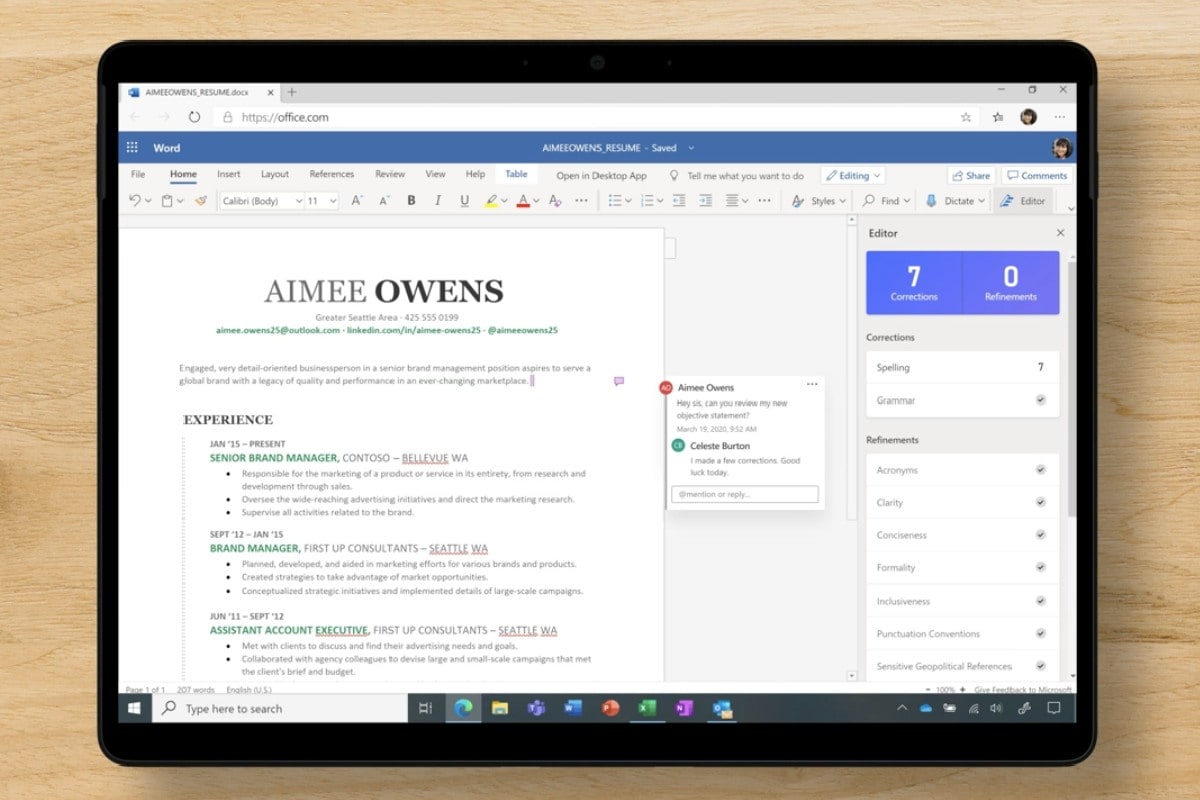
How to Create a New Workbook in Excel (for beginners)
How To Create A New Workbook In Excel. Perfect For Beginners!
Written by co-founder Kasper Langmann, Microsoft Office Specialist.
You’ve probably created hundreds of new workbooks in Excel. Maybe even thousands.
And you might understandably think that you know everything there is to know about creating new workbooks.
But there are a few new things to learn yet.
We’ll take a look at the basics, and then go from there.
*This tutorial is for Excel 2019/Microsoft 365 (for Windows). Got a different version? No problem, you can still follow the exact same steps.
Table of Contents
What are you?
Beginner
Intermediate
Expert
Creating a new blank workbook
This is probably what you’ve done in the past. And it’s incredibly simple.
When you open Excel, you’ll see a window asking what you want to do:
To open a blank workbook,double-click Blank workbook, and you’re good to go. That’s all there is to it.
If you already have a workbook open, click the File tab from the left side of the Ribbon, then select New from the left sidebar.
Again, double-click on Blank workbook.
Pro tip: new blank workbook keyboard shortcut
If you open a lot of new workbooks, you may want to get used to the keyboard shortcut for opening a new blank workbook: Ctrl + N.
This shortcut won’t give you any of the options we discuss below, but if all you need is a blank spreadsheet, that’ll do the trick.
Pro tip 2: changing the default number of worksheets
When you open a new blank workbook, Excel puts a single worksheet in it by default. But you can change that.
Go to File > Options > General, and find the When creating new workbooks section.
From there, change the Include this many sheets: dropdown to your preferred number of sheets.
Creating a new workbook from a template
Excel connects to online databases with thousands of useful templates. And with a couple clicks, you have access to them all.
When you open a new workbook or click File > New, you’ll see a list of templates available.
These include staples like cash flow analysis, profit-loss statement, wedding budget, and Gantt chart project planner. Just scroll through them to see more!
To open a new workbook with one of the templates, double-click it.
The real power of this screen, though, is the search bar. Click into the search bar and type anything, from “project management” (check out our templates!) to “video game tracker,” and you’ll get results.
Even if you can’t find exactly what you’re looking for, you should be able to find something close. And you can always modify that to fit your needs.
Kasper Langmann, Co-founder of Spreadsheeto
Using another workbook as a template
If you can’t find a template that you like, or you’ve spent a lot of time and effort coming up with a custom spreadsheet that you need to reuse, Excel has you covered.
You can turn a saved workbook into a template for a new one.
To do this, click File > Open > Browse, and browse to the worksheet you want to use as the basis for your new workbook.
Then click the arrow next to the Open button:
Click Open as Copy, and you’ll have a new workbook that looks exactly like the old one.
You can also do this by right-clicking on any spreadsheet in the Open window and selecting Open a Copy:
Pro tip: save a bare-bones copy
If you’ve created a workbook that you think you’ll use again, you can save yourself some time. Save a new copy of that workbook, then delete the data that you won’t reuse.
Keep column headers, formulas, and anything else that will be the same in each iteration. Just get rid of the stuff you won’t need next time.
Now, when you open a copy of that spreadsheet, it’ll be like opening a template.
Start efficiently
Everything in Excel starts with creating a new workbook.
So if you can make that process more efficient, you’re well on your way to becoming an Excel expert.
And with these three different methods of making new workbooks, you know all there is to know!
So next time you’re starting an Excel project, think about how you can most efficiently start it. You might be able to save some time!
How do you want to continue?
I hope you enjoyed the blog post.
We have tons more content.
But I need your help matching you up with the best.
First, tell me your skill-level!








